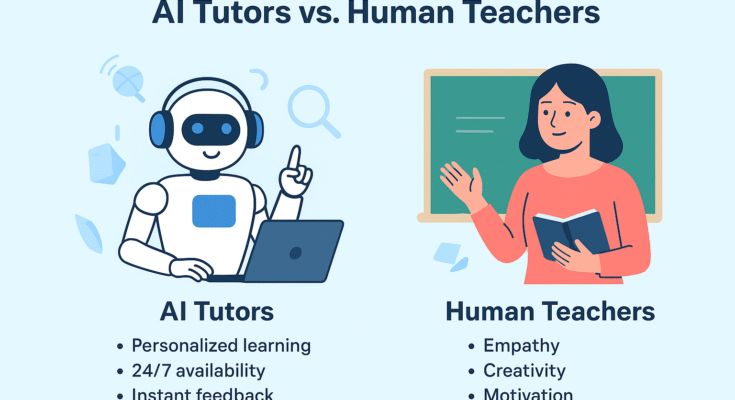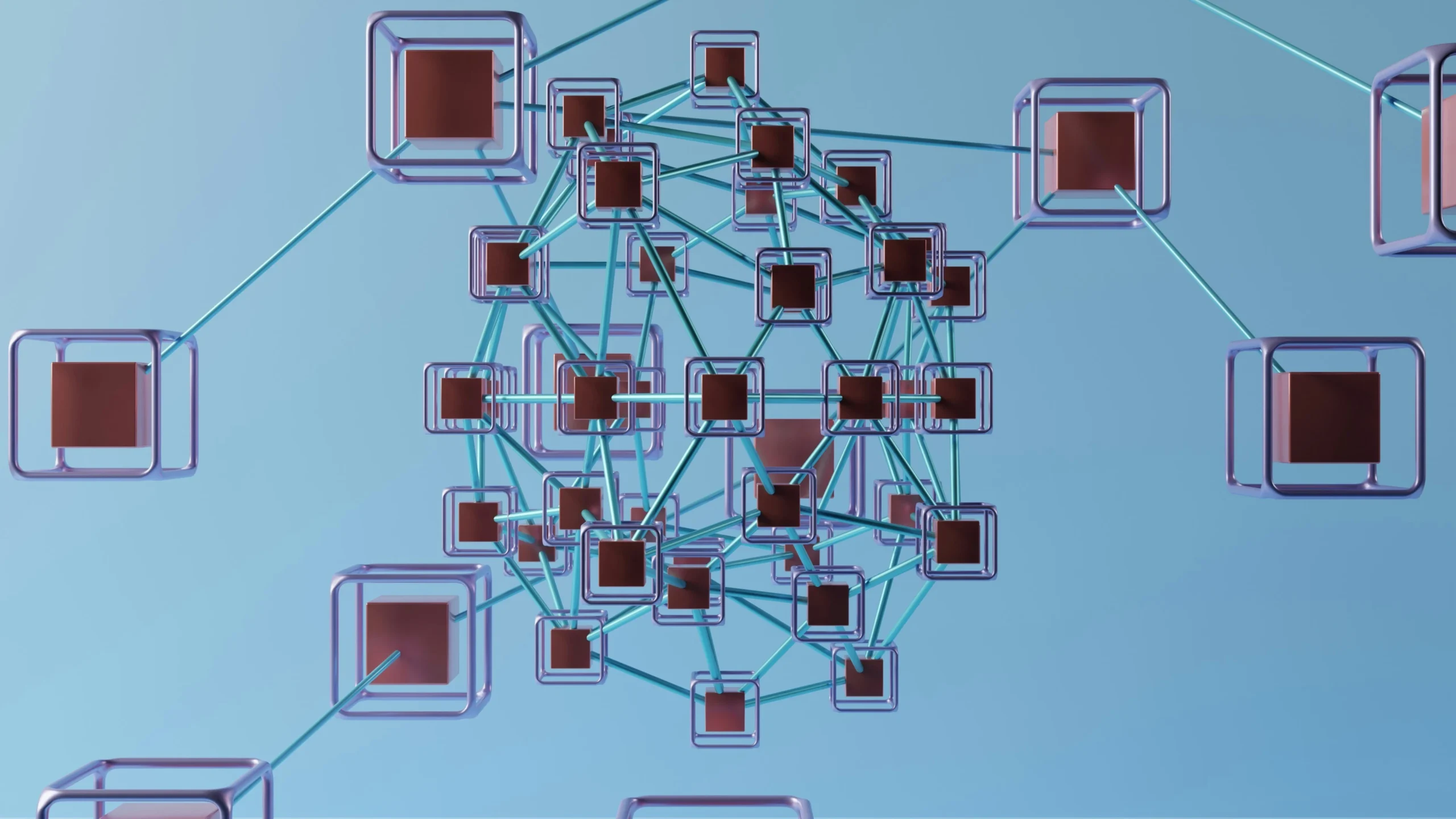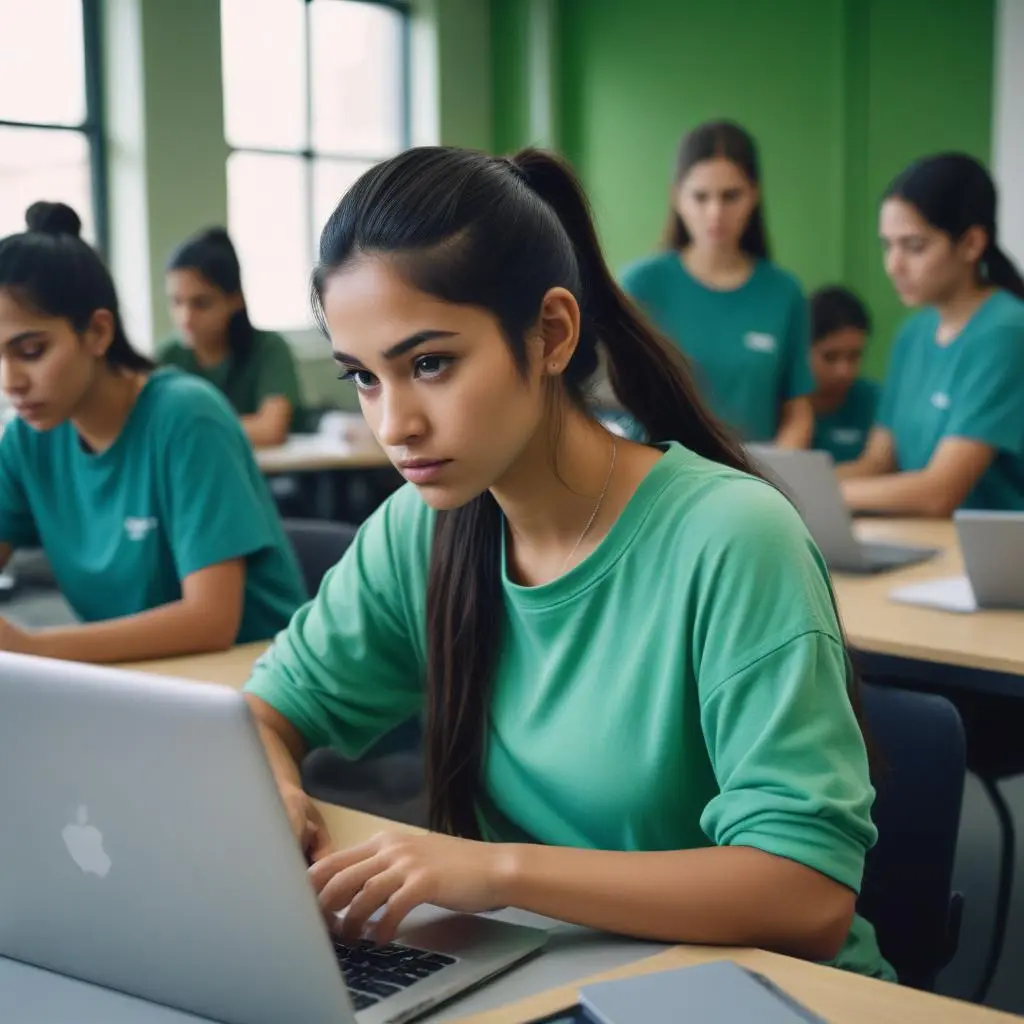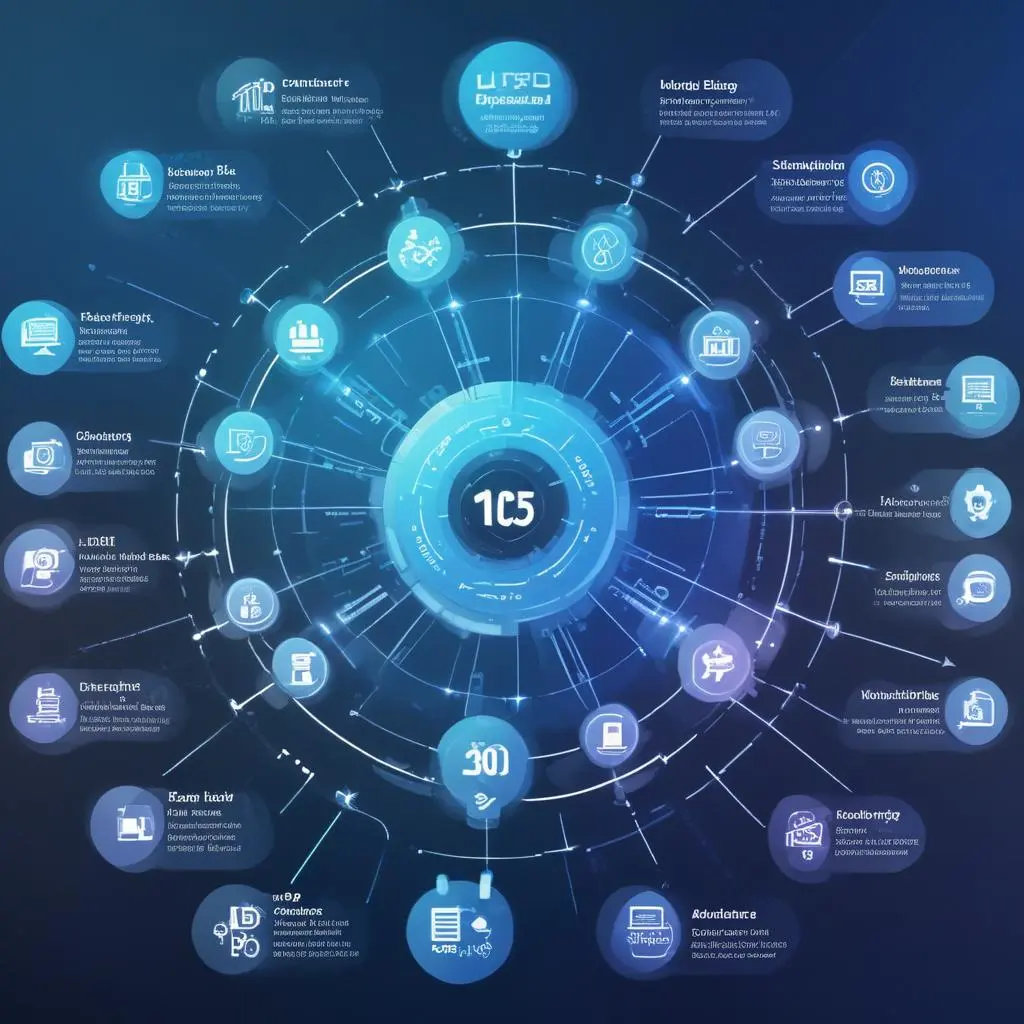Walk into a classroom in 2025, and you’ll notice something very different from just a decade ago. Alongside the teacher and textbooks, there’s a new “assistant” at work—AI tutors. These digital learning companions can answer student questions instantly, customize lessons to match individual progress, and even provide feedback faster than humans ever could.
Far from replacing teachers, AI tutors in education are transforming classrooms into dynamic, student-centered environments where technology and human guidance work hand in hand. In this blog, we’ll explore what AI tutors are, their benefits, real-world applications, challenges, and the future of education in this AI-driven era.
What Are AI Tutors?
An AI tutor is an artificial intelligence system designed to assist students in learning by:
- Explaining concepts in simple language.
- Offering personalized learning pathways.
- Providing interactive practice exercises.
- Giving instant, constructive feedback.
Think of them as “always-available study buddies.” Examples include AI chatbots in learning apps, adaptive software that adjusts difficulty levels, and even virtual reality (VR) environments powered by AI.
Unlike traditional digital tools, AI tutors learn from students’ performance. If a student struggles with fractions, for instance, the AI adapts by slowing down, offering simpler examples, or switching teaching methods.
Benefits of AI Tutors in Education
AI tutors are gaining popularity because they bring several clear advantages for both students and teachers.
1. Personalized Learning at Scale
Every student learns differently. Some are visual learners, others prefer hands-on practice. AI tutors analyze student behavior and customize lessons accordingly.
- Example: An AI language tutor can detect pronunciation errors and create extra exercises for improvement.
- Impact: Students feel supported, not left behind.
2. 24/7 Availability
Unlike human teachers with limited hours, AI tutors are available anytime. A student revising at midnight before an exam can still get help.
3. Instant Feedback
Waiting days for assignment grading can slow down learning. AI tutors provide real-time corrections so students immediately understand their mistakes and learn faster.
4. Supporting Teachers
AI tutors lighten the teacher’s load by:
- Handling repetitive questions.
- Grading multiple-choice quizzes.
- Suggesting lesson plans.
Teachers then have more time for creative instruction, mentoring, and emotional support.
5. Increased Engagement
AI tutors often use gamification and interactive methods. Students are more engaged when lessons feel like a challenge or game.
Real-World Applications of AI Tutors in 2025
AI tutors aren’t a futuristic concept anymore—they’re already active in classrooms around the world.
1. Homework Help Chatbots
Apps like ChatGPT and specialized education bots are helping students with math, science, and writing assignments.
2. Language Learning Platforms
AI-powered apps like Duolingo use natural language processing to personalize grammar, vocabulary, and speaking practice.
3. Virtual Classrooms
Some schools use AI + VR to create immersive environments. Imagine exploring the pyramids of Egypt or dissecting a 3D frog—all guided by an AI tutor.
4. Adaptive Learning Systems
Platforms such as Coursera, Khan Academy, and Byju’s use AI to recommend lessons based on progress.
5. Special Education Support
AI tutors are proving especially useful for students with learning disabilities. For instance, AI can read text aloud for dyslexic learners or adjust lesson speed for ADHD students.
Challenges of AI Tutors
While the benefits are exciting, AI tutors in education also raise important challenges.
1. The Digital Divide
Not all students have equal access to devices or internet connectivity. Rural or low-income students may be left behind.
2. Over-Reliance on Technology
If students depend too heavily on AI, they risk losing critical thinking skills. Balance is key.
3. Privacy and Data Concerns
AI tutors collect large amounts of data to personalize learning. Protecting that data from misuse is crucial.
4. Teacher Training
Not all educators feel comfortable integrating AI into lessons. Without training, the tools may go underutilized.
5. Ethical Concerns
Should an AI be allowed to grade essays? How much influence should machines have in shaping young minds? These questions remain hotly debated.
AI Tutors vs. Human Teachers
A common misconception is that AI tutors will replace teachers. But education experts agree: AI should complement, not replace, human educators.
- AI excels at: repetitive tasks, instant feedback, personalized practice.
- Teachers excel at: empathy, creativity, motivation, and real-world context.
The best results come when teachers and AI tutors work together—teachers focus on higher-order skills while AI handles routine support.
The Future of AI Tutors in Education
Looking ahead, the role of AI tutors will only grow stronger. Here are some predictions for the coming years:
- Hyper-Personalization – AI tutors will craft learning paths unique to each student, down to daily lesson plans.
- AI Teaching Assistants – Classrooms may soon have “digital co-teachers” supporting human instructors.
- Metaverse Education – Students could attend AI-powered virtual schools, interacting in 3D worlds.
- Global Collaboration – AI platforms may connect students worldwide, creating diverse, global classrooms.
- Ethical AI in Education – Expect new policies ensuring fairness, privacy, and inclusivity in AI systems.
Common Misconceptions About AI Tutors
- “AI tutors will replace teachers.” → False. They support, not replace.
- “AI tutors make students lazy.” → Not if used correctly; they encourage independent learning.
- “Only tech-savvy students can use AI tutors.” → Many platforms are designed for ease of use.
- “AI education is too expensive.” → While premium platforms exist, many schools are already adopting free or subsidized AI tools.
Frequently Asked Questions (FAQ)
1. Are AI tutors effective in improving student performance?
Yes. Studies show that AI-based adaptive systems improve retention and test scores when combined with teacher guidance.
2. Can AI tutors help in exam preparation?
Definitely. Many AI platforms generate practice tests, track weak areas, and suggest tailored study plans.
3. Is AI tutoring suitable for all subjects?
Mostly yes, but it works best in structured subjects like math, science, and language. Creative arts still rely heavily on human teachers.
4. Are AI tutors safe for children?
When used responsibly and with proper parental/teacher supervision, AI tutors are safe. Privacy policies and data controls are important factors.
5. How can schools adopt AI tutors affordably?
Open-source platforms, government subsidies, and partnerships with edtech firms make it more accessible than ever.
Conclusion
The rise of AI tutors in education marks one of the most exciting shifts in modern learning. By offering personalized lessons, 24/7 support, and instant feedback, AI tutors are transforming classrooms into smarter, more inclusive spaces.
But the future of education isn’t about machines replacing teachers—it’s about teachers and AI working together to give students the best of both worlds: human empathy and technological efficiency.
As we move further into 2025 and beyond, one thing is clear: AI tutors aren’t the future of education—they’re the present. And the schools that embrace this balance today will shape the most capable learners of tomorrow.



